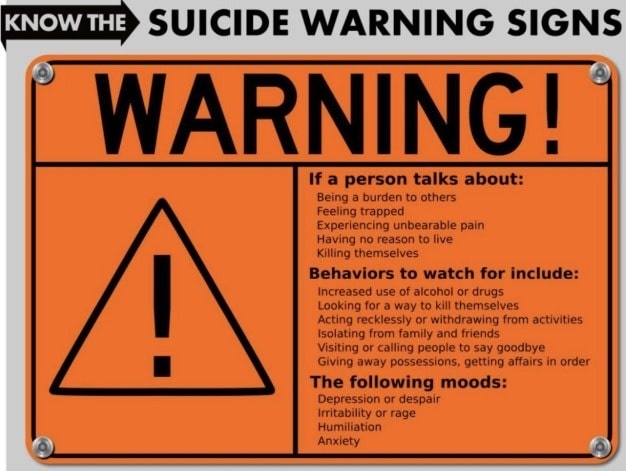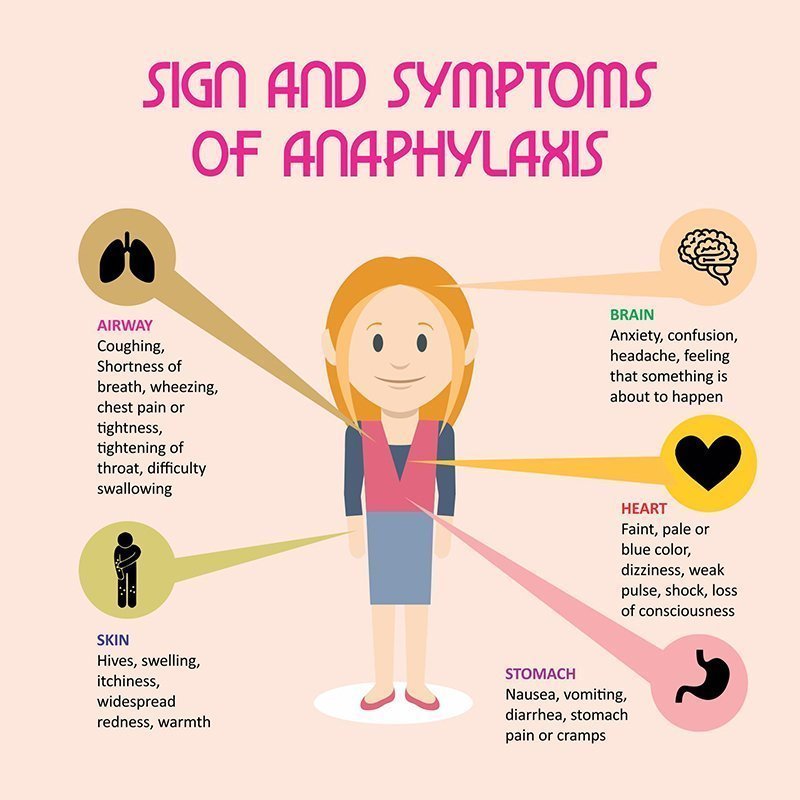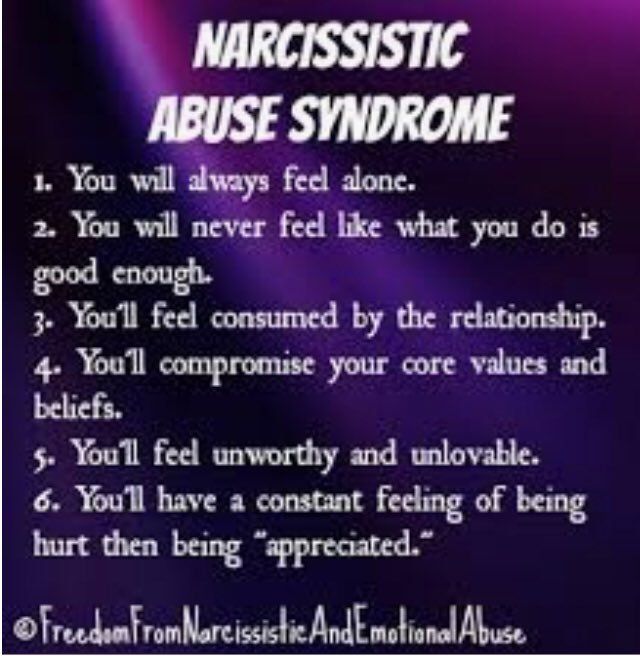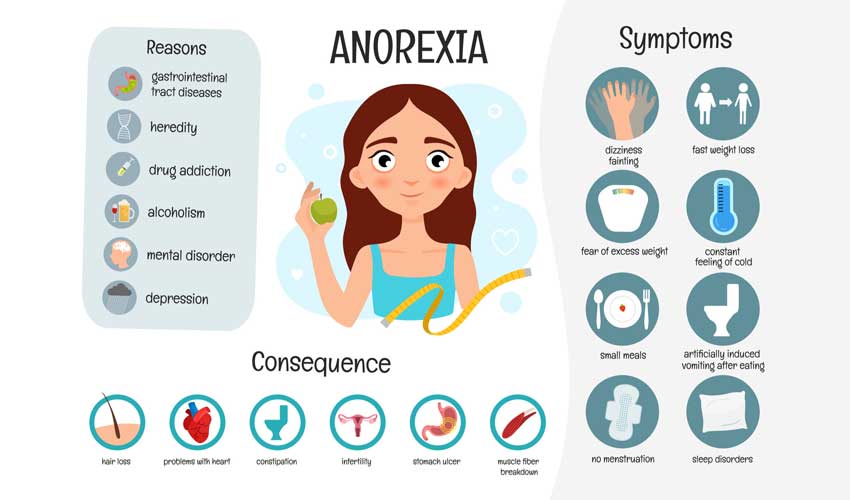Signs of a controller
12 Signs to Watch For
Many of us picture the typical schoolyard bully when we think of a controlling person. We might imagine someone who aggressively commands others to do what they want.
But there are many more subtle signs you may not be aware of, and this kind of behavior isn’t only limited to romantic relationships. Controlling people show up in all areas of life — co-workers, bosses, friends, family, and even strangers.
If you end up feeling small, embarrassed, or humiliated whenever you come in contact with them, it may be time to step back and re-evaluate who you’re spending time with.
Here’s a look at 12 signs that might suggest someone has a controlling personality.
You’re blamed for minor things you have nothing to do with. If something goes wrong, they take on the role of victim and make you believe you’re responsible for things beyond your control.
You might hear “it’s all your fault” or “you shouldn’t have done this” come up in conversation.
A controlling person will attempt to undermine your confidence by making jabs at you in private or public.
Here are a few examples of these methods:
- exaggerating your flaws at work (always pointing out typos in an email, for example)
- never acknowledging when you do something right
- becoming irrationally angry if you don’t answer your phone right away
- making mean jokes about you in front of others
- criticizing the way you dress or speak
Demanding your attention constantly and gradually isolating you from friends and family is a method of control. They’ll try to keep you all to themselves by complaining about how often you hang out with certain friends or family members.
But it’s not always this obvious. They may just glare at you when you’re on the phone with loved ones or groan when you go to spend time with family.
They always expect something in return and make you feel guilty if you don’t do what they want. They keep tabs on every little favor.
They keep tabs on every little favor.
If they paid for your dinner one night or let you crash at their place, for example, they’ll bring it up repeatedly. They might also go out of their way to appear overly generous as a way to keep you indebted to them.
They underplay your experience by lying or accusing you of being overly sensitive. If you’re upset about something they told you last week, they’ll deny ever having said it and that it’s all in your mind. You start second-guessing yourself all the time.
Say you suspect a close friend of spreading false rumors about you. In response, they’ll say you’re imagining things or blame someone else, despite any evidence you might have.
Read more about gaslighting.
If you had a big win at work, a controlling person might immediately change the subject and sulk about something that upset them that day to regain your attention.
They may also sabotage your relationships with others as a way to have a leg up on you. For example, they might take screen shots of your private texts without permission and send them to others.
For example, they might take screen shots of your private texts without permission and send them to others.
Someone exerting excessive control may constantly act superior and try to undermine your reputation. At work, this can look like a co-worker who always interrupts you during a meeting to state their own opinion or a boss who disdainfully talks down to you in front of your peers.
They may also make veiled threats in the way of jokes: “If you don’t turn this in by tomorrow, I’ll start clearing out your desk. Just kidding!”
They show drastic mood changes — one moment they’re buying you gifts and lavishing you with praise, and the next, they’re acting like a bully.
You end up feeling like you’re walking on eggshells and never know where you stand with them. They also won’t take responsibility or say “sorry” when they’ve upset you.
A controlling person often won’t accept healthy boundaries and will try to persuade or pressure you into changing your mind.
If you’ve said you can’t meet up this weekend, they’ll show up uninvited to your house. Or they’ll refuse to let you leave a party early even after saying you feel sick.
They always want your undivided attention and become upset when you make plans with others.
They might:
- speak badly or making negative comments about you and your friends
- interrogate you about where you go or who you see
- pout every time you plan to go out with someone new
They’ll try to mold you to suit their own interests by pressuring you to make changes to your appearance or the way you dress. They may throw out your favorite pair of jeans when you’re at work or refuse to leave the house unless you’re dressed a certain way.
If you find yourself relating to the above signs, take a moment to be honest with yourself about the situation and assess whether these controlling patterns have become abusive.
Ask yourself if the person is controlling your freedom and autonomy. Do you feel trapped, dominated, and fearful all the time? Are you concerned for your safety?
Do you feel trapped, dominated, and fearful all the time? Are you concerned for your safety?
All of these are clear red flags that the behavior has turned into coercive control, a form of domestic violence.
Feeling free to be yourself is one of the most important aspects of your identity and self-worth. No romantic relationship, friendship, or working relationship should make you feel small or unsafe.
Remember, no matter what they’ve told you, none of this is your fault and you deserve better than to live life this way.
If you’d like to learn more about recognizing these patterns of controlling behavior or if you’d like to talk to a professional to get help if you’re in an abusive relationship, check out the following resources:
- National Domestic Violence Hotline is available 24 hours a day and provides services by phone (800-799-7233) to help you assess your level of safety and guide you into taking next steps.
- Pathways to Safety International offers professional counseling and legal advocacy.
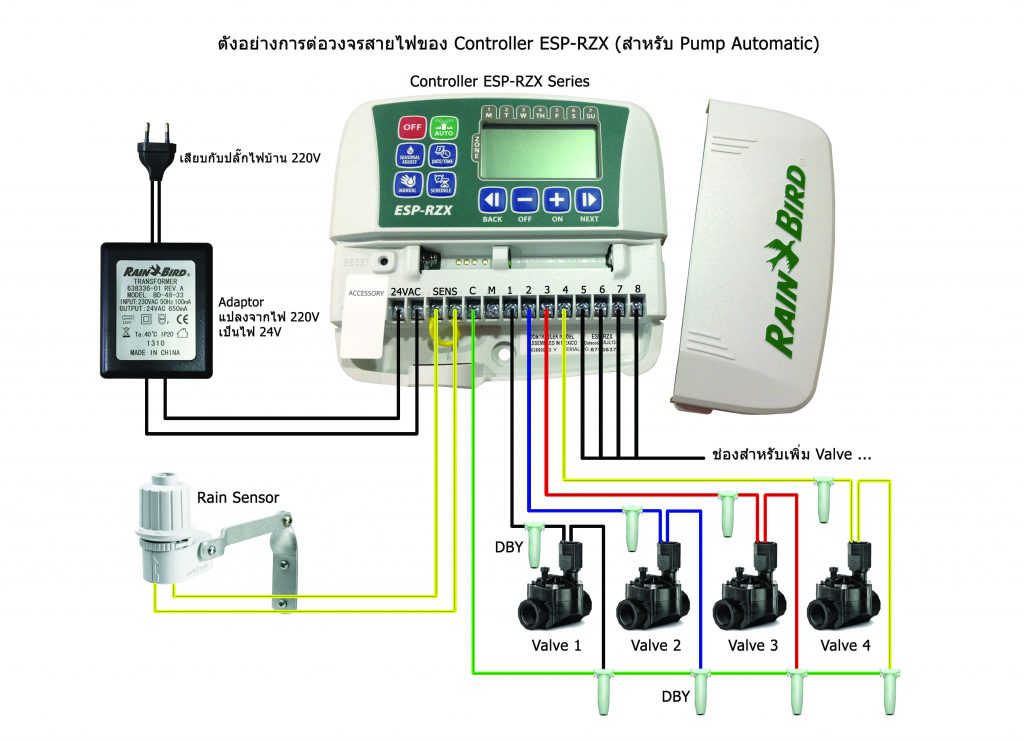
- Break the Cycle helps young people (ages 12 to 24) learn the signs of unhealthy relationships and provides the tools and resources to navigate safe options.
Cindy Lamothe is a freelance journalist based in Guatemala. She writes often about the intersections between health, wellness, and the science of human behavior. She’s written for The Atlantic, New York Magazine, Teen Vogue, Quartz, The Washington Post, and many more. Find her at cindylamothe.com.
7 Signs To Look For
Written by WebMD Editorial Contributors
In this Article
- What Is Controlling Behavior?
- Signs of Controlling Behavior
- What Is Coercive Control?
- Causes of Controlling Behavior
- Dealing With Mild Controlling Behavior
- Signs of Danger and How to Get Help
What Is Controlling Behavior?
Everyone wants a measure of control over their own lives. But controlling people also want to have a say in the lives of others.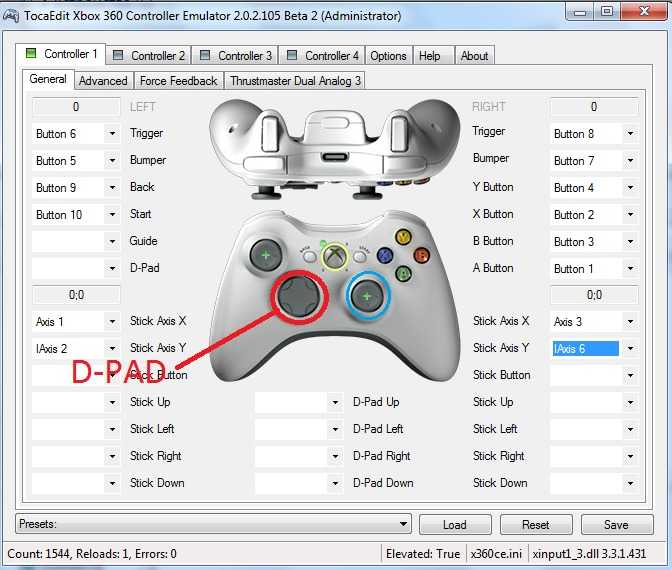
When you’re on the receiving end of controlling behavior, it can make you feel embarrassed, angry, or inferior. In severe cases -- which can sometimes include a pattern of behavior called coercive control -- you might face threats, intimidation, or abuse.
Find out how to spot the signs that someone is trying to control you. Then, you can learn practical ways to take charge of your life.
Signs of Controlling Behavior
Some of the signs are:
They insist on having things their way
Controlling people often insist everyone do things their way, even when it comes to small issues that are a matter of personal choice. Your partner might insist you change clothes if you’re wearing something they don’t like. They may refuse to back down even after you make it clear you disagree with them.
They refuse to accept blame
No one likes to admit they made a mistake, but people who are controlling seem incapable of admitting fault.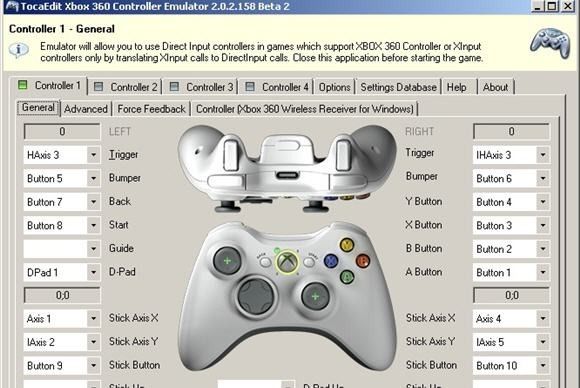 Even when their actions are clearly the issue, they'll find some way to blame you for what went wrong. It may be as petty as accusing you of distracting them when they made a mistake.
Even when their actions are clearly the issue, they'll find some way to blame you for what went wrong. It may be as petty as accusing you of distracting them when they made a mistake.
They need to be the center of attention
If you have a victory, no matter how small, you can count on the controlling person in your life to try to upstage you. They want to be in the limelight regardless of the circumstances.
They’re unpredictable
They will keep you uncertain about what they will do next. They may swing between telling you how great you are and sulking because you don’t do what they want. The goal is to keep you guessing and focused on them.
They lie
Controlling people want to control your reality. Truth is the bedrock of reality. They will try to deny your reality by lying about their behavior or yours. They may insist you’re the crazy one when you try to contradict them.
They want to be in charge of finances
If you’re married or living with a controlling person, they probably want to handle all of the money. They may claim that they’re better at it than you are or that you spend too much. They want to control access to money as a way of controlling what you do.
They may claim that they’re better at it than you are or that you spend too much. They want to control access to money as a way of controlling what you do.
They dictate where you can go
One of the most intrusive ways someone may try to control you is by controlling your movements. They may want to know where you are all the time. Whether it’s by threats, intimidation, or pouting, they try to isolate you from other, supportive people in your life.
What Is Coercive Control?
It’s a pattern of abusive controlling behavior that can turn violent. Another name for it is intimate terrorism.
Coercive control is when someone -- usually an intimate partner like a date or a current or former spouse -- tries to dominate your life. They may intimidate you, keep you isolated, threaten you with violence, or terrorize you with actual violence.
The controlling person might limit your freedom and independence by:
- Keeping you away from family, friends, and other supportive people -- or making you feel guilty when you spend time with loved ones
- Putting financial, social, and emotional barriers in your way that make it hard to get out of the relationship
- Making you fear for your safety, or the safety of loved ones or other people you know
They might also:
- Deprive you of sleep and other basic needs
- Stalk you and keep a close eye on where you go, who you see, and who you talk with
- Question you a lot
- Embarrass you
- Gaslight you, or make you question your own beliefs
Coercive control can fill you with fear even if your partner isn’t physically violent with you -- and the terror and trauma could last after your relationship ends.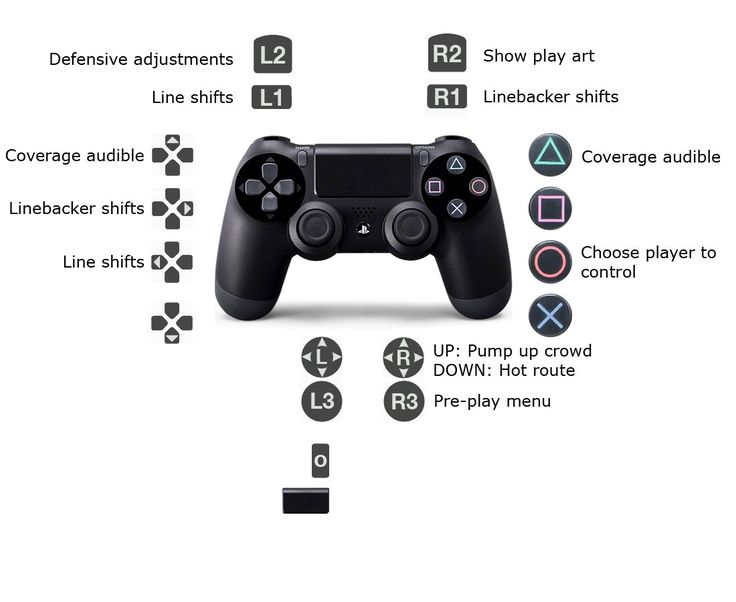
Causes of Controlling Behavior
Several things can drive controlling behavior.
The most common are anxiety disorders and personality disorders. People with anxiety disorders feel a need to control everything around them in order to feel at peace. They may not trust anyone else to handle things the way they will.
Controlling behaviors can also be a symptom of several personality disorders, such as histrionic p ersonality, borderline personality, and narcissistic personality. These disorders can only be diagnosed by a licensed health care professional.
Dealing With Mild Controlling Behavior
Sometimes controlling behavior is simply an annoying trait, but it may cross the line into abusive behavior. Once you determine the severity of the behavior, you can decide how to handle it.
If the controlling behavior is mild, it can help to discuss it with the offender. You can tell them how their behavior makes you feel, using “I” statements to avoid sounding like you're blaming them.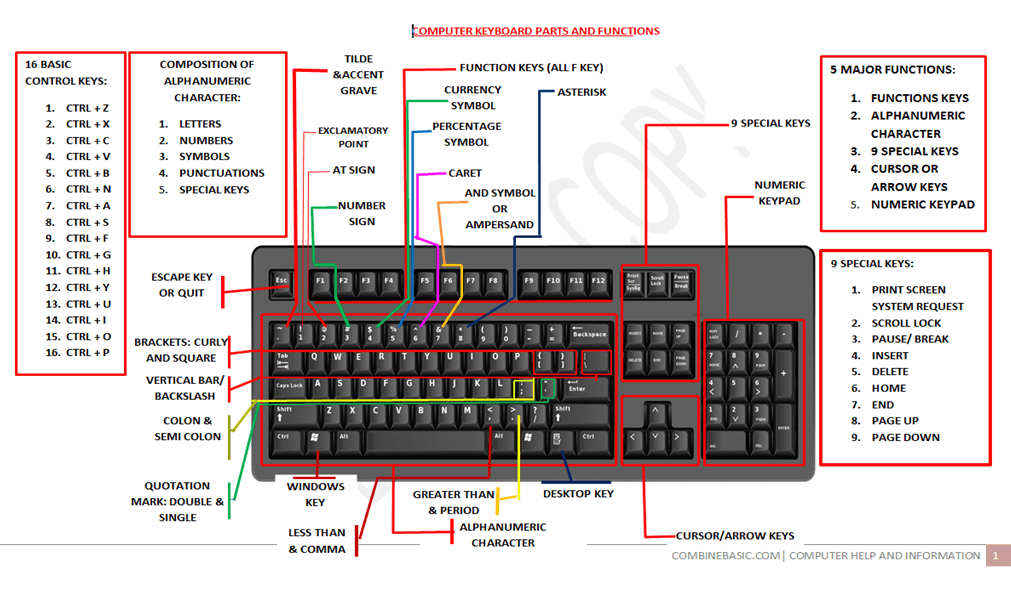 A sentence that begins with, “I feel,” will likely be better received than one that starts with, “You always.” You will probably also need to set clear boundaries to see a change.
A sentence that begins with, “I feel,” will likely be better received than one that starts with, “You always.” You will probably also need to set clear boundaries to see a change.
If your partner is isolating you from family and friends and using different tactics to wear you down so that it’s easier to give in than to argue with them, you may be in an abusive relationship. If this is the case, the National Domestic Violence Hotline recommends creating a safety plan to improve your situation while maintaining your safety.
Signs of Danger and How to Get Help
You may be in an abusive relationship if your partner isolates you from family and friends and uses different tactics to wear you down, so that it’s easier to give in than to argue with them.
Relationship violence can begin slowly, and it can be hard to spot. It can include physical or sexual violence, threats of either, emotional abuse, and stalking.
Some signs your relationship might become violent are:
- Your partner makes you feel afraid or disrespected
- Blames you for things that aren’t your fault, including how they treat you
- Forces you to do things you don’t want to do
- Keeps doing hurtful things to you after they’ve promised to change their ways
If someone forces or pressures you to be sexual with them when you don’t want to, that’s sexual violence.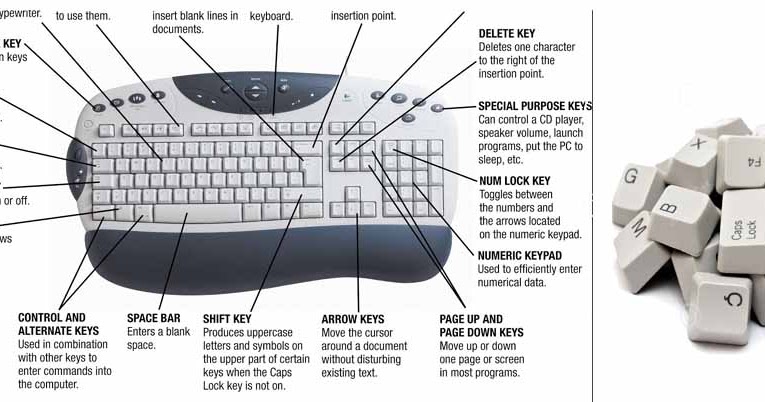
Even if you’re not sure whether you’re in a violent controlling relationship, you can call the National Domestic Violence Hotline at 1-800-799-SAFE (1-800-799-7233). You can also chat online with someone who’s trained to help. The hotline and the chat are free, available around the clock, and you don’t have to share your name.
You can also set up a safety plan that helps you lower your chances of being hurt by your partner. To do this, you’ll answer some questions about yourself and your life. You can do it alone or ask a loved one or someone else you trust to help. The plan includes info about you and your life that could make you safer at home and other places you go each day.
If you’re in danger now, call 911 right away.
iPhone power controller failure - repair in Moscow
Owners of smartphones of any brand often face the problem of power supply and charging. These are the most common cases of gadget breakdowns, and even the most reliable Apple equipment is not immune from such malfunctions. If the problem is not solved when replacing the battery, then it is most likely a malfunction of the iPhone's power controller. This component is a small microcircuit (an integrated unit on the machine's board), which is responsible for powering the entire circuit, i.e. supplies the required voltage to all the elements of the gadget involved. nine0003
If the problem is not solved when replacing the battery, then it is most likely a malfunction of the iPhone's power controller. This component is a small microcircuit (an integrated unit on the machine's board), which is responsible for powering the entire circuit, i.e. supplies the required voltage to all the elements of the gadget involved. nine0003
How to find fault
Replacing the power controller on an iPhone will be required if:
- the phone runs out of power very quickly,
- not charging at all,
- spontaneous shutdown or reboot occurs,
- incorrect charge indicators are displayed on the display,
- the device is overheating. nine0021
- First, unscrew the lower screws that hold the display module.
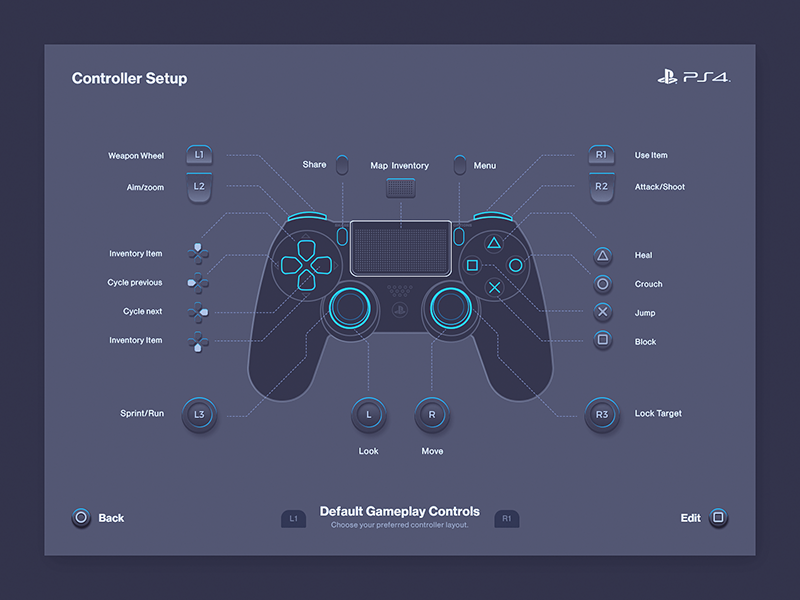
- Release all screen latches and use suction cups to lift the display module.
- Remove the plate that protects the cables.
- Disconnect cables for touchscreen, speakers, buttons, screen and battery.
- Pull out the sim card tray.
- Carefully pull out: the main board.
- Power controller replacement. nine0025
- Mechanical damage to integrity as a result of falls and shocks.
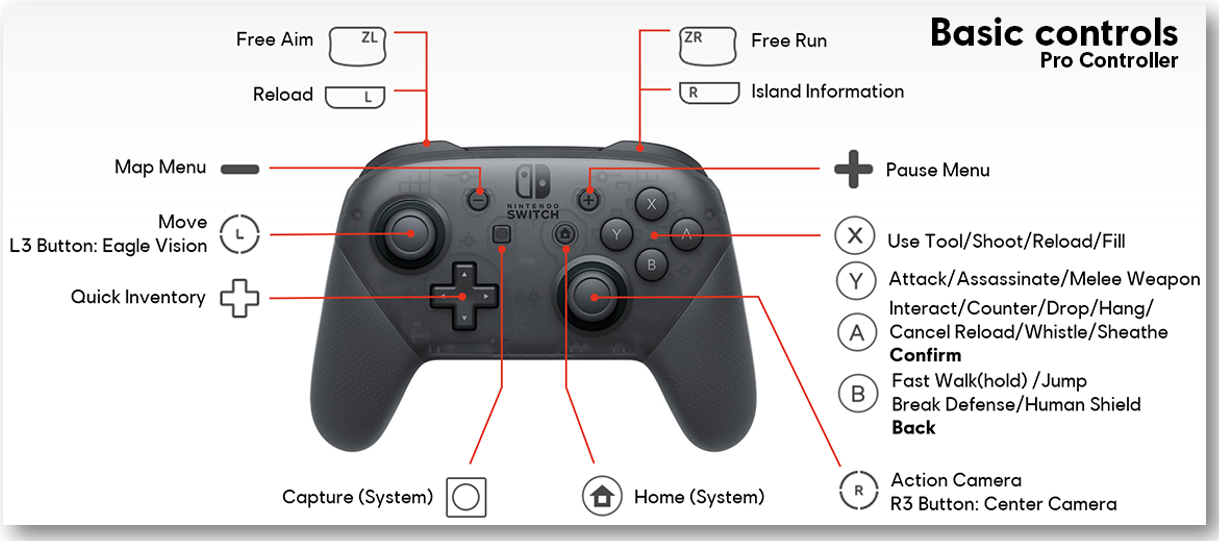
- Incorrect operation.
- Ingress of liquid and dirt into the device, high humidity.
- Mains voltage drop.
- Use of non-original power supplies.
- The smartphone is not charging.
- Automatic shutdown or reboot of the device.
- Ingress of liquid, dirt, dust into the smartphone.
- The computer does not detect the phone when connected.
- The device does not turn on.
- You provide the device to one of our service centers.
- Performing hardware and software diagnostics to determine smartphone malfunctions.
- The manager agrees with you the cost and timing of the repair.
- We are replacing the power controller.
- We inform you about the readiness of the smartphone using SMS messages. nine0011 You pick up the finished device along with the sales receipt and warranty card.
- The masters of our service center have extensive experience and practical skills in the field of restoring smartphones.
- We prefer modern equipment.
- Minimum deadlines for completing assigned tasks. In 80% of cases, we perform restoration work in just 1-2 days!
- 100% quality assurance of work performed and components.
- Service for mobile devices of various models, regardless of the complexity of the situation. nine0012
- Free diagnostics.
- Availability of courier delivery.
- Restoration work is carried out in strict accordance with the regulations of manufacturing companies.
- The lowest prices and optimal price policy!
To more accurately determine the malfunction, it is recommended to diagnose the gadget in a service center. Accurate diagnosis will avoid unnecessary costs.
Causes of failure of the power controller
The microcircuit has small dimensions and is fixed on the main board by soldering small contacts to a special site. Such a connection is quite vulnerable and can be broken if the phone is hit hard against a hard surface, dropped, exposed to water or dust (if the case is not sealed). Also, the cause may be sudden power surges or power from a "non-native" charger. In case of mechanical damage, the main board is deformed or the contacts come off. Interaction with moisture leads to oxidation and short circuits. Timely replacement of the iPhone power controller will help to avoid other malfunctions in the processor, motherboard, battery or other components. nine0003
Such a connection is quite vulnerable and can be broken if the phone is hit hard against a hard surface, dropped, exposed to water or dust (if the case is not sealed). Also, the cause may be sudden power surges or power from a "non-native" charger. In case of mechanical damage, the main board is deformed or the contacts come off. Interaction with moisture leads to oxidation and short circuits. Timely replacement of the iPhone power controller will help to avoid other malfunctions in the processor, motherboard, battery or other components. nine0003
How to replace the iPhone
power controller Repairing an iPhone power controller should always begin with a diagnosis to determine the exact cause of the problem.
Each series of Apple smartphones uses a unique component design, which excludes the installation of chips from other brands.
To remove it, you must almost completely disassemble the device: nine0003
Next, the smartphone is assembled in the reverse order.
iPhone power controller repair is a laborious and complex process that requires not only care and accuracy, but also the availability of specialized tools and equipment.
Due to the proximity of the microcircuits, the processor or memory may overheat, and all circuits are filled with a compound, which makes repair work more problematic. Also, the pads themselves are very small and easily come off the board. Due to all these difficulties, not all craftsmen undertake such repair work. For the quality of this procedure, it is better to contact the specialists of Simple Mobile, who will quickly and inexpensively perform the work, which will save your time, and you will also have a guarantee for the repaired smartphone.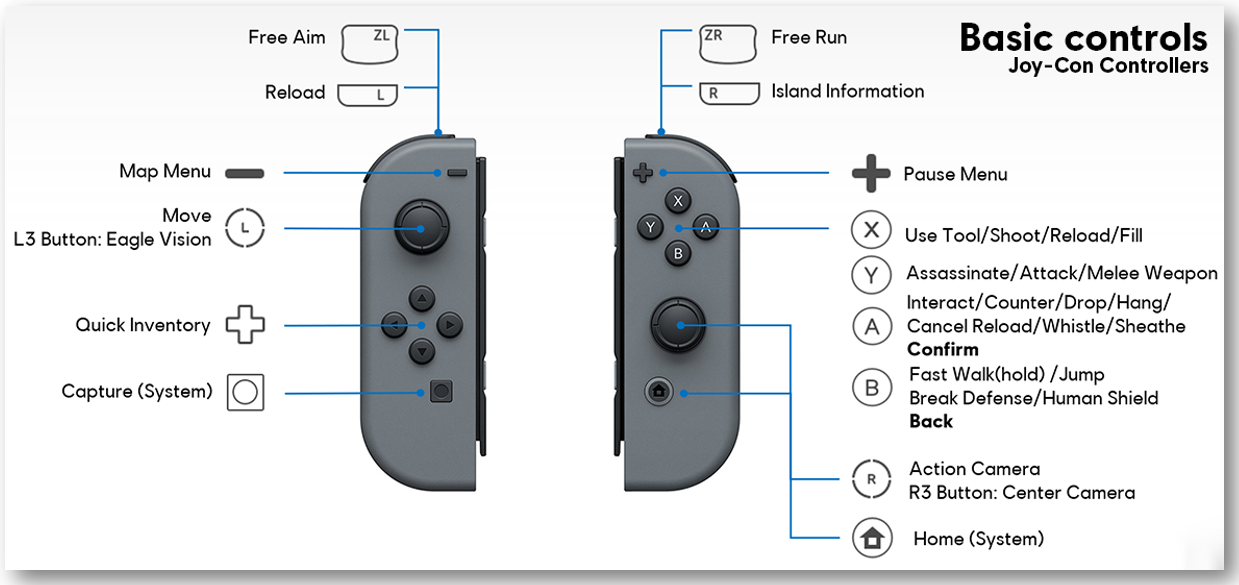 nine0003
nine0003
Hot Tags: iPhone 7 Plus Repair / iPhone 6 plus Repair / iPhone 6 Battery Replacement / iPhone 6 plus Glass Replacement / iPhone 7 Glass Replacement / iPhone 7 Repair / iPhone X Rear Glass Replacement / iPhone 8 Glass Replacement / Glass Replacement iPhone 8 plus / Glass replacement iPhone 7 Plus
Repair and replacement of the phone's power controller - in 20 minutes! IT-TON service center in Chelyabinsk
Emergency phone power controller repair – only at IT-TON!
The power controller is one of the important microcircuits of any phone, without which the device simply cannot be turned on. Regardless of the complexity of the breakdown, it is not recommended to carry out repair work on your own, it is best to contact a specialized workshop. The IT-TON service center has been replacing phone power controllers since 2012. All work is carried out by highly qualified professionals with a guarantee for a period of 1 to 3 months. Don't know who to turn to for help? Our service center is the best choice! nine0003
The main causes of failure of the power controller:
Signs that your phone's power controller needs urgent repair:
Is it possible to determine the malfunction yourself?
If you do not have a special tool, you do not have professional skills and experience in the repair of mobile equipment, then the chance to determine the real cause of the breakdown is minimized. In 60% of cases, IT-TON service center customers tried to disassemble the device on their own in order to find out the cause of the malfunction.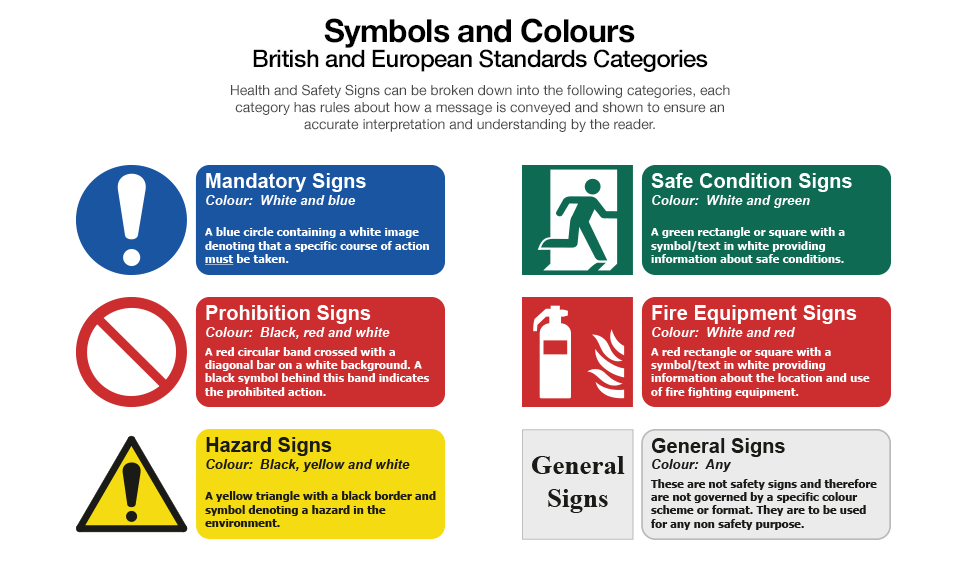 This method of solving the problem is wrong and very dangerous, because you risk aggravating the situation, which will greatly complicate its further repair. nine0003
This method of solving the problem is wrong and very dangerous, because you risk aggravating the situation, which will greatly complicate its further repair. nine0003
Smartphone power controller replacement sequence
Advantages of the IT-TON service center:
Our service center is equipped with modern professional equipment that will allow you to carry out repairs of any level of complexity. Free diagnostics will reveal any type of malfunction, technical or software.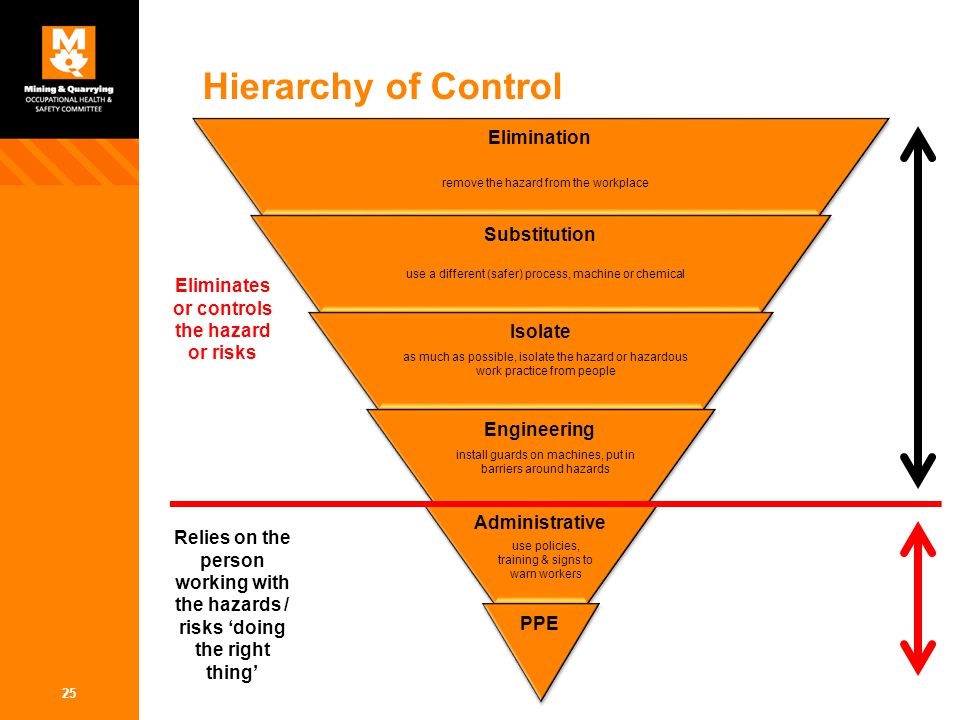 Have you decided on a service center yet? Turning to us, we will be able to restore the functionality and attractive appearance of your device. You can leave a request for repair by calling any of the numbers listed on our website. nine0003
Have you decided on a service center yet? Turning to us, we will be able to restore the functionality and attractive appearance of your device. You can leave a request for repair by calling any of the numbers listed on our website. nine0003
Equipment: hot air gun, digital oscilloscope, measuring instruments, tweezers, plastic spatula, trinocular microscope, professional screwdriver set, soldering station, laboratory power supply.